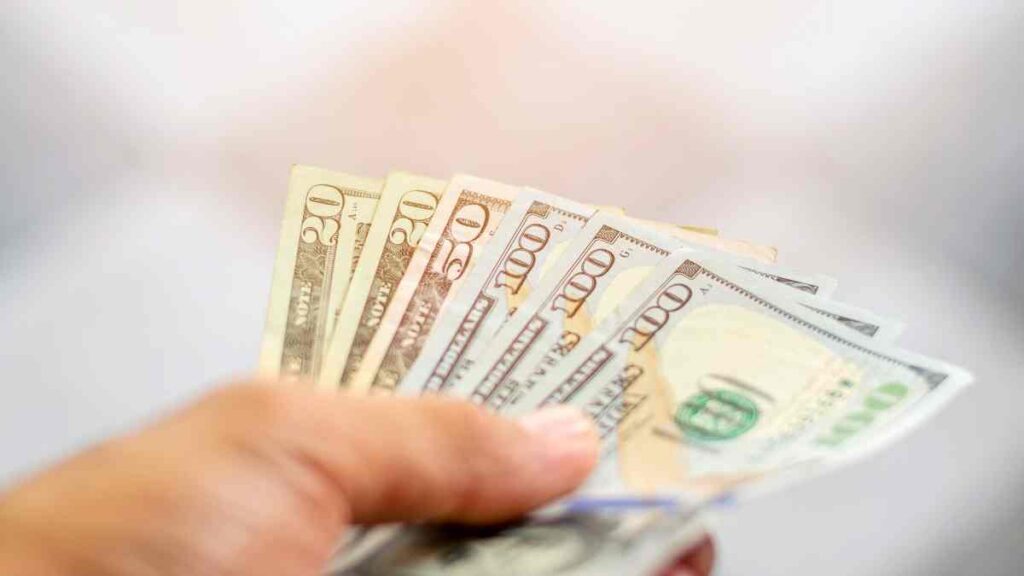Receiving the next SSI payment is what millions of Americans on a low-income need. The Social Security Administration has confirmed that direct deposits and checks will be sent without delays.
As a matter of fact, there are just 10 days left to receive this money. However, that is way too long when you are on a shoestring budget. The amount of your payment will depend on your earnings, resources and if you are an individual, you are married, or are an essential person.
SSI payment date for October
The next payment date for SSI will be on October 1, 2024. Therefore, there will be no surprises and your money will be sent when is due. Sometimes, the Social Security Administration needs to schedule a payment in advance, but this will not be the case in October.
All eligible recipients will receive SSI direct deposits or checks on the first. Unlike Social Security payments for SSDI and retirement benefits that will be sent on October 3, 9, 16, and 23.
After the October 1 Supplemental Security Income payment, there will not be another check or direct deposit until November 1. Nevertheless, it will not be the only check in November for Supplemental Security Income. The Administration will deliver another SSI payment on November 29, 2024. Of course, ahead of schedule and for December.
SSI payment amount for October 1, 2024
The maximum amount for SSI will be for eligible married couples. If these couples qualify for the maximum amount, they can get up to $1,415. Individuals can receive a smaller check or direct deposit.
For example, if you qualify for SSI as an individual you can receive up to $943. Most recipients get reductions because they are also receiving other benefits or have other earnings.
In fact, many qualify for SSDI or retirement benefits. For instance, the average payment for 65-year-olds and older is $574. So they may get a reduction because they may be receiving retirement benefits. Essential persons can get up to $472 from Supplemental Security Income.
